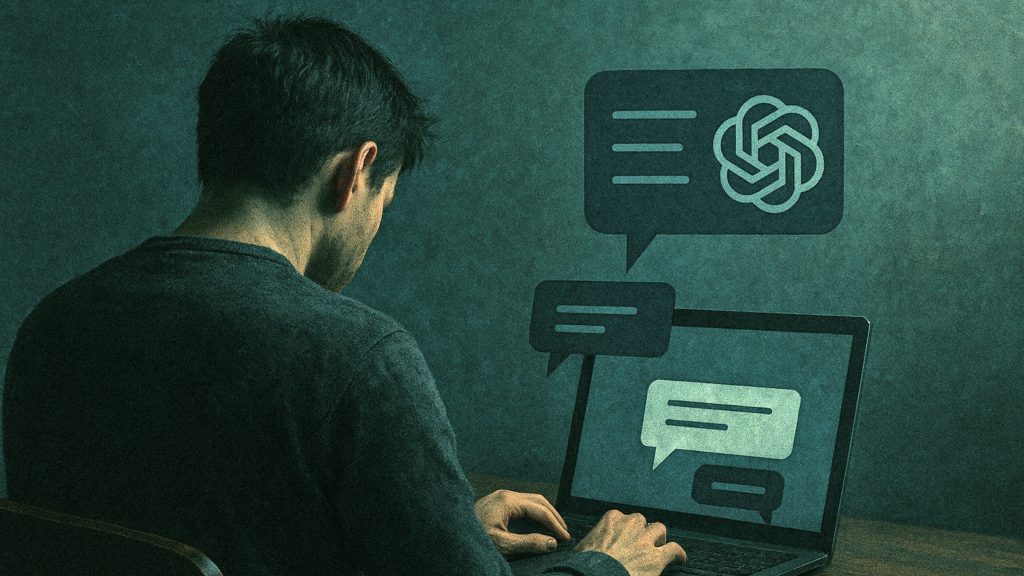
In 2025, OpenAI’s ChatGPT continues to assist users, but when giving inaccurate responses, it means that directly the chatbot needs follow-up prompts to improve its real-time accuracy. Users need to be aware that ChatGPT can make mistakes. Check important info to avoid falling into this loop.
Like many AI systems, one of the most ChatGPT common mistakes is how it provides inaccurate, misleading, or outright false information. What’s worse is it can sometimes hallucinate facts, and by extension, creating convincing but entirely made-up answers.
“These models were trained on vast amounts of data from the internet written by humans, including conversations, so the responses it provides may sound human-like,” said OpenAI in a statement.
“It is important to keep in mind that this is a direct result of the system’s design (i.e., maximizing the similarity between outputs and the dataset the models were trained on) and that such outputs may be inaccurate, untruthful, and otherwise misleading at times.”
ChatGPT Can Make Mistakes. Check Important Info
Different actions can be performed by users to fix the AI hallucination ChatGPT when things go wrong. One of the simplest methods is to merely point out the mistake directly within a subsequent prompt.
In one instance, a user asked ChatGPT to give a list of films starring Montgomery Clift. While the AI produced a largely accurate list, it excluded Terminal Station, a 1953 movie. After the exclusion was pointed out, ChatGPT apologized, recognizing the addition, and then added the missing title when requested again. No matter how reliant users are on the bot, the truth of the matter is that ChatGPT makes a lot of mistakes and users must be aware.
The second test required the chatbot to name a list of books the user had authored. Here, it got two wrong and omitted one they had written. Once the error was corrected, ChatGPT removed the wrong titles but also added one more wrong title.
On subsequent prompts, the user was able to train ChatGPT to name the two correct books showing persistence does pay, though in order not to trigger ChatGPT and hallucinations that might take place.
OpenAI clarifies that these updates may not necessarily be remembered in the long term unless memory features are enabled during the user session. Nevertheless, with active correction, ChatGPT is able to enhance its responses to better reflect the intent of the user or known facts.
Although the ChatGPT hallucination problem is constantly improving, it should still be treated with responses as suggestions rather than real truth. Users are recommended to cross-check information especially on subjects of medical advice, historical facts, or personal data.
ChatGPT does learn from corrections, but it’s still your responsibility to catch it in the act. As OpenAI explains, ChatGPT can make mistakes. Check important info which intend to read like a human though not necessarily to be correct.
Inside Telecom provides you with an extensive list of content covering all aspects of the tech industry. Keep an eye on our Intelligent Tech sections to stay informed and up-to-date with our daily articles.